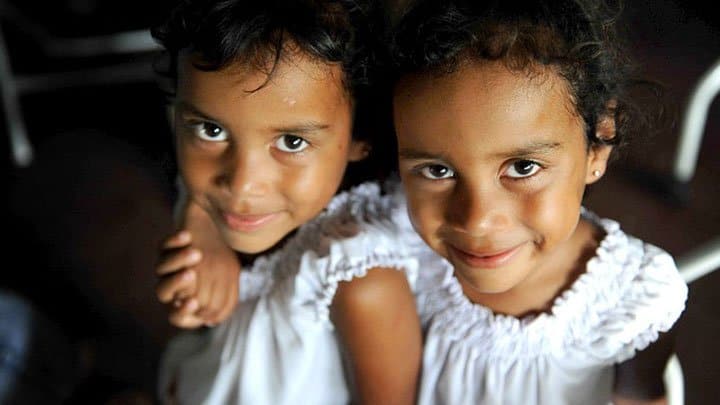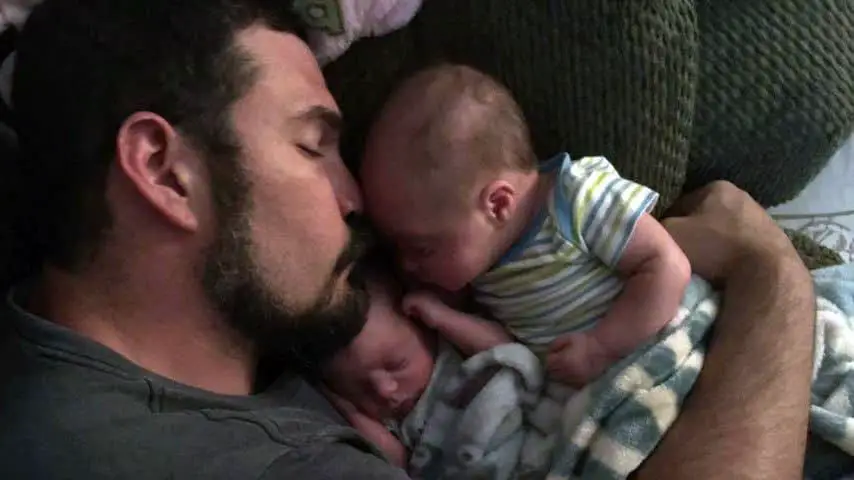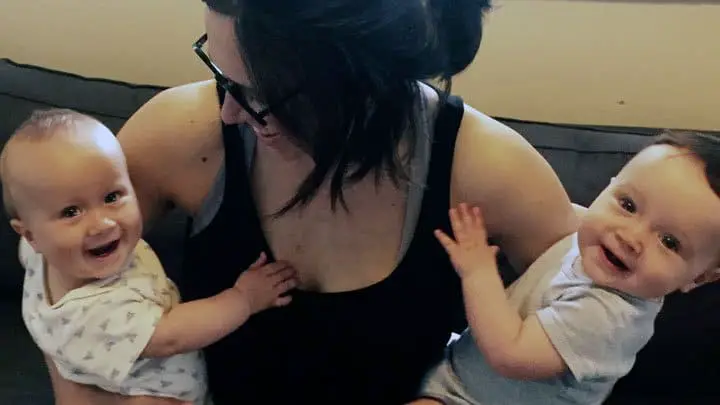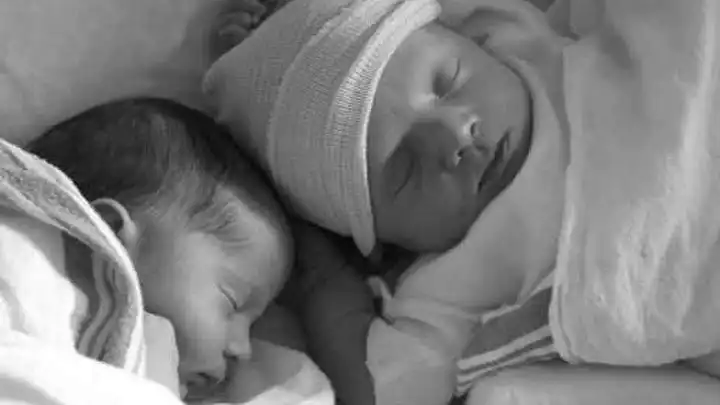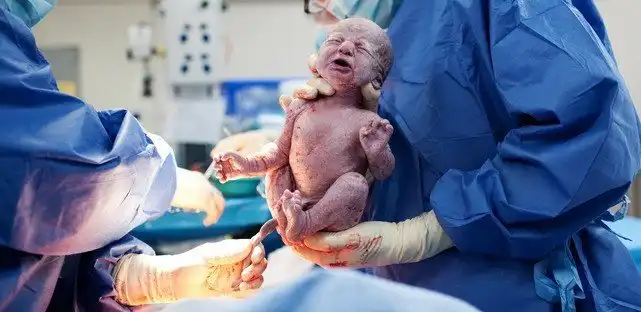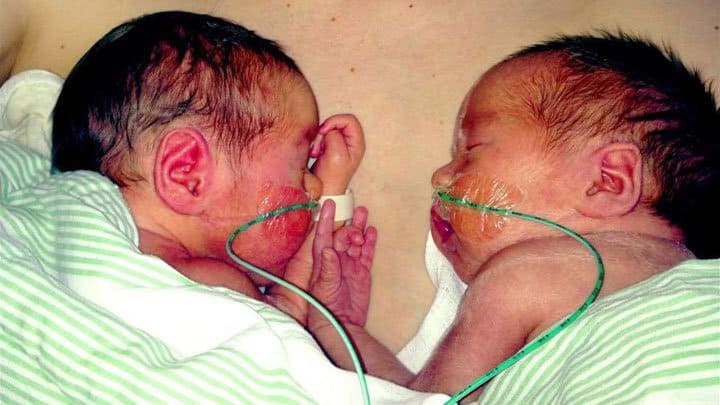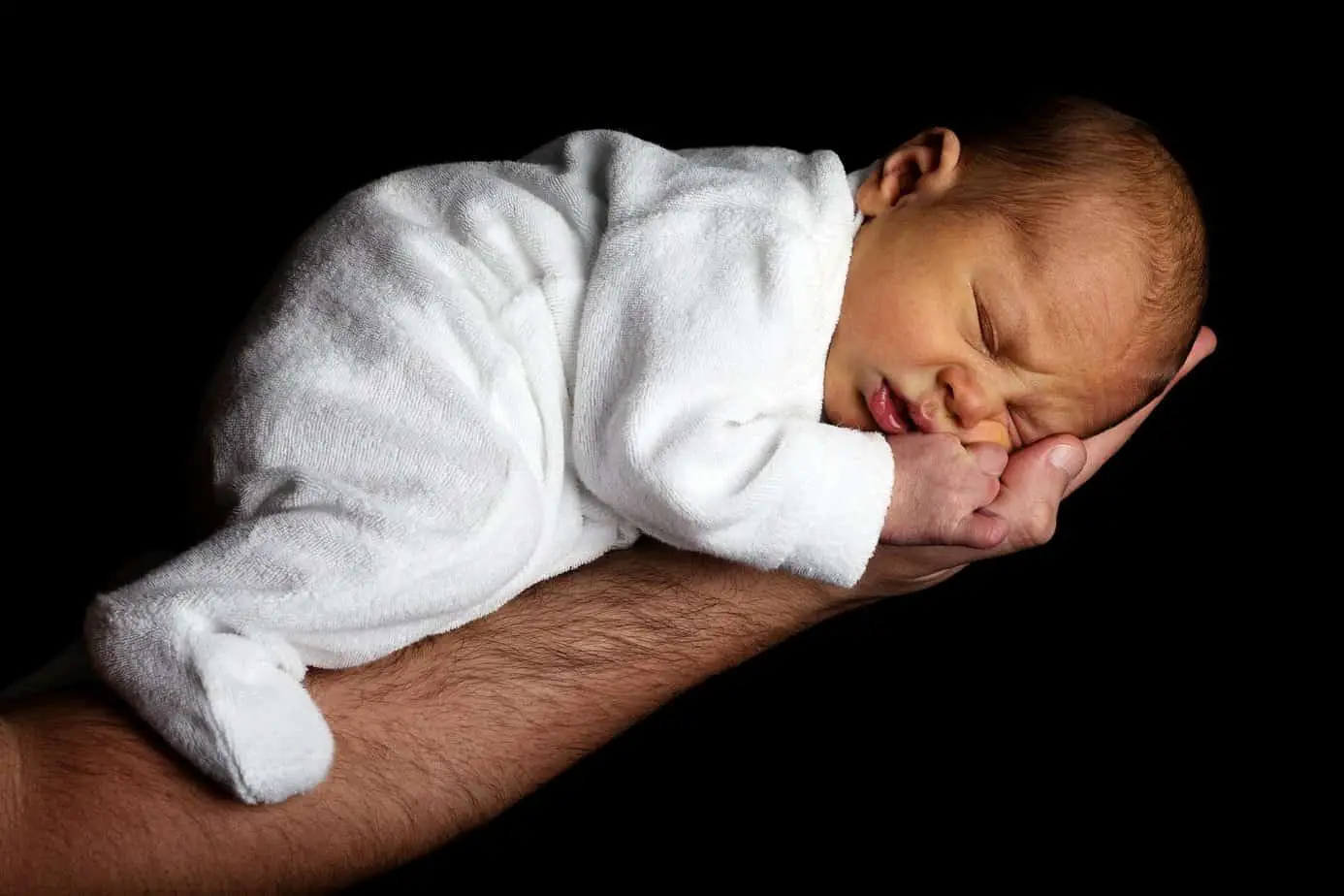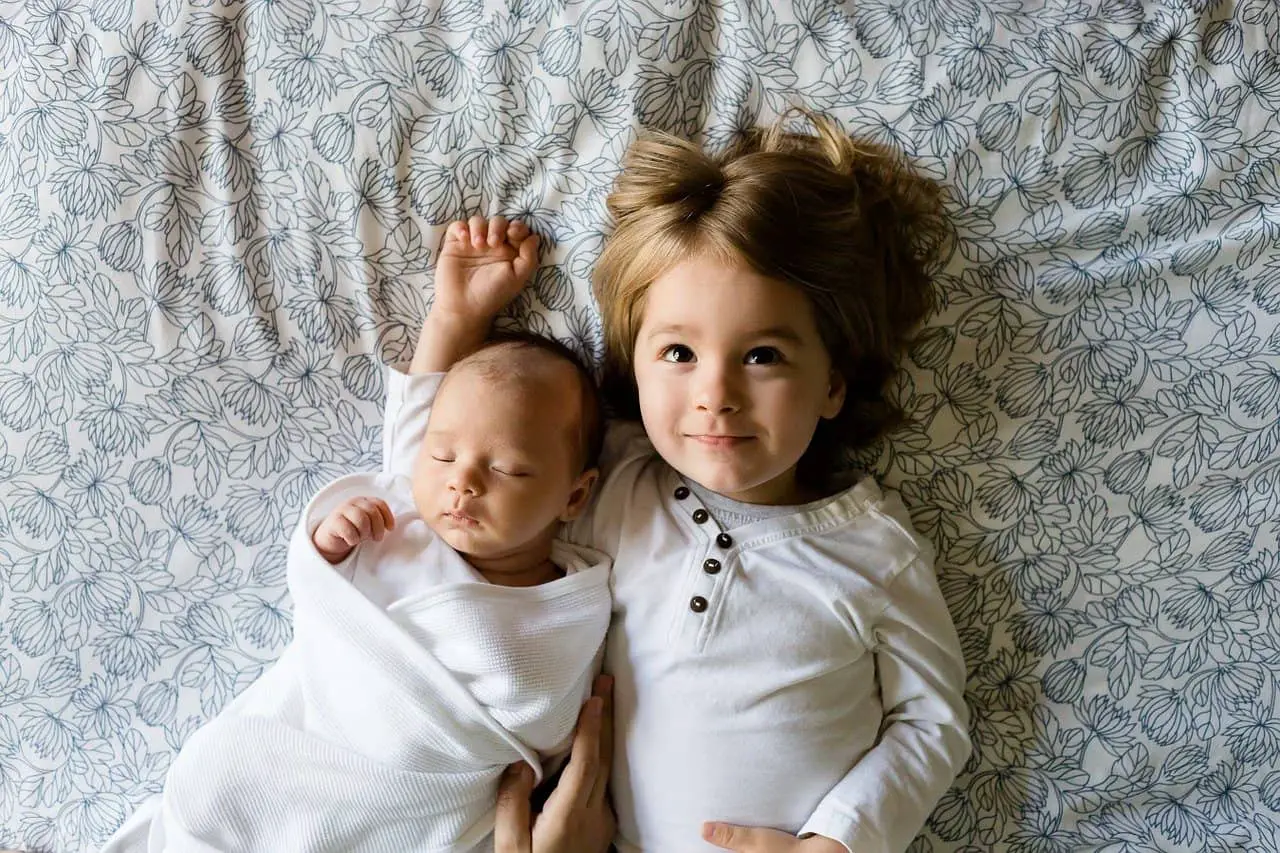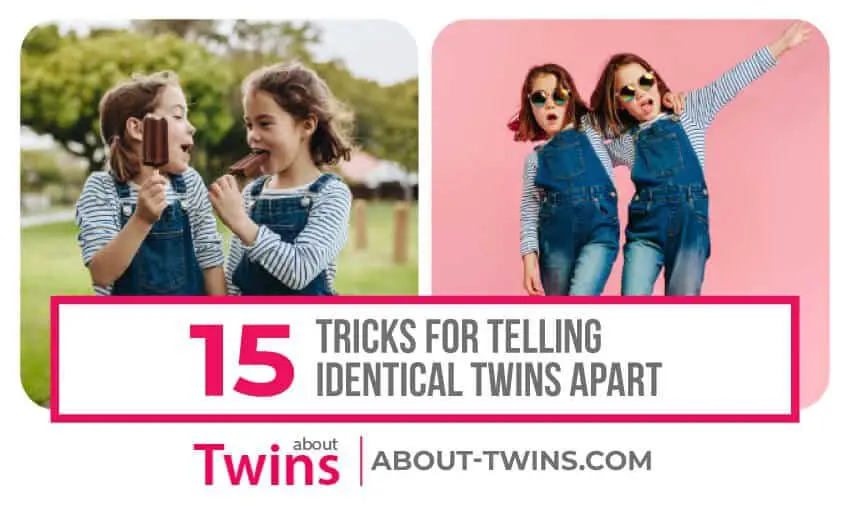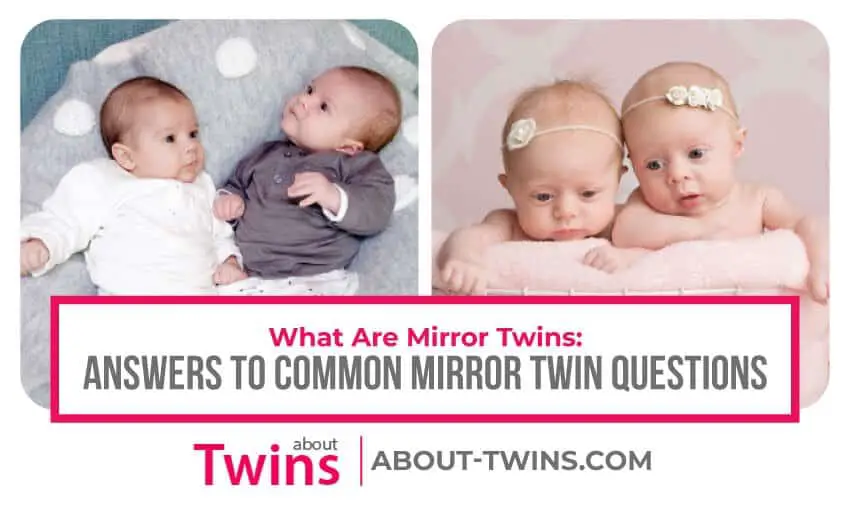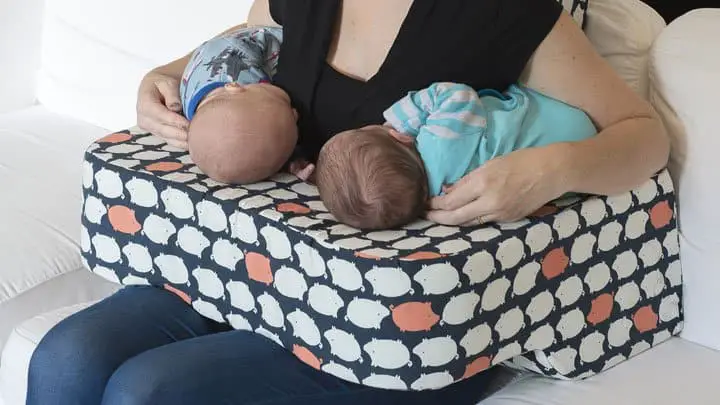Twins Born at 28 weeks: Outlook And How to Cope
Your twins are considered born preterm if you give birth before 37 weeks of pregnancy is completed (37+0 weeks). Even though your babies are born very preterm, they’ve reached a major milestone. Twins born at 28 weeks are no longer considered born extremely preterm. This is according to the World Health Organization (WHO), who subcategories preterm birth based on gestational age.
extremely preterm (<28 weeks)
very preterm (28 to <32 weeks)
moderate to late preterm (32 to <37 weeks)
Will my babies survive?
Twins born at 28 weeks are born very preterm. The majority of twins born at 28 weeks survive in high-income countries. In low-income countries about half of babies born at or below 32 weeks die. For extremely preterm babies born in low-income countries more than 90 percent die within the first few days. In high-income settings less than 10 percent of babies of this gestation die. Babies born at 28 weeks desperately need proper treatment and monitoring in order to have the best possible outlook. Proper medical care is essential.
What happens to me if I go into preterm labour?
If you go into preterm labour steroid injections should be given before birth, maturing the lungs of your babies. The WHO also recommends that the mother is given antibiotics when her water breaks before the onset of labour and magnesium sulfate to prevent future neurological impairment of the children. You need to give birth at a medical facility equipped to deal with very preterm babies.
What happens to twins born at 28 weeks?
If your twins are born at 28 weeks, they’ll need to spend a few weeks or months in the Neonatal Intensive Care Unit (NICU). Twins born at 28 weeks require treatment with oxygen, surfactant, and mechanical assistance to help them breathe. They’ll need help eating. Some will be able to fed through a tube and others will be fed intravenously. The NICU staff will guide you on how to start breast- or bottle feeding once your babies have developed their sucking reflexes.
Can I do something to help my babies?
Studies show that babies subjected to kangaroo care – frequent skin-to-skin contact – are more likely to maintain a healthy body temperature, and show increased cardio-respiratory stability. Kangaroo care has also been associated with decreased likelihood of infection, severe illness, and death. Be aware though that it most likely will take a while before you are able to hold your babies – they need to be in stable conditions first. You’ll probably be allowed to touch them before you are allowed to hold them, and touching is also beneficial.
